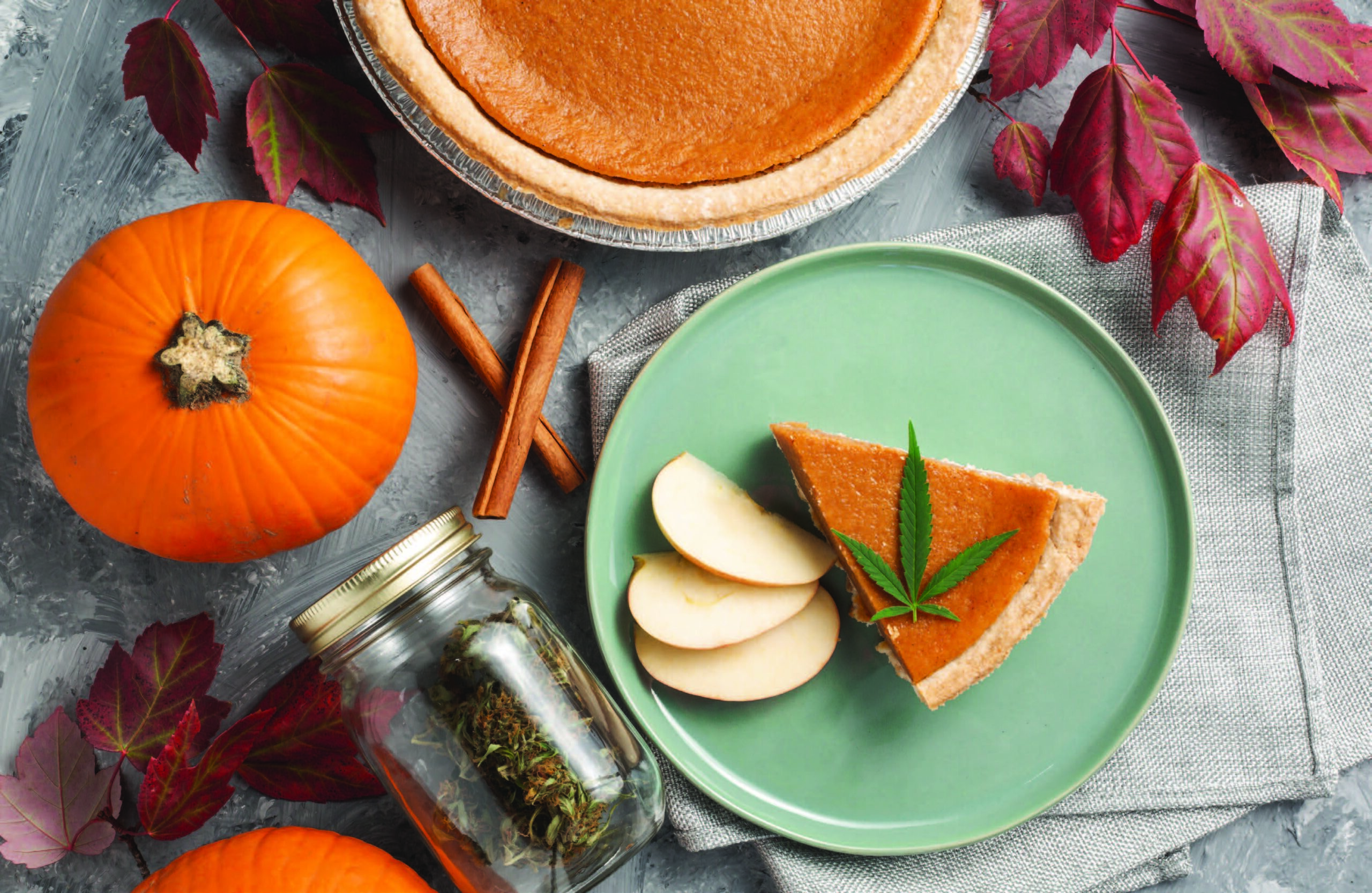If your gut’s got you groaning, perhaps you ought to listen to Nicole Tribble, owner of The Living Tree, tell you about brine solution, Hippocrates, and what sounds like a really great kim chi.
Are fermented foods a thing?Fermented foods became a passion of mine [when] I was studying nutrition in California, and was really involved in food politics working at cooperatives and markets. I came across some information about how food used to be consumed before refrigeration, which led me to looking at the benefits of increasing and improving your microbiome – that’s your gut – health. I began to see that we live in an oversterilized culture where we rely heavily on antibiotic soap, pasteurization, and everything being clean. It was multifaceted for me because, at the same time, I was learning about soil health. Soil health directly ties into fermented foods because the crust of the soil is where the lactobacillus lives, which is what fuels fermented foods.
How does one make fermented foods?Fermented food is anything put into a brine – saltwater – which then becomes sour as it reacts to the lactobacillus. That’s what makes [fermented food] taste pickled. When we till our soil and turn it under, we kill that bacteria. There’s lots of good stuff in the dirt. Not to say that you ought to eat clumps of it, but just that our food doesn’t need to be polished clean so that there’s nothing left on it. That’s where the good bacteria is, and it comes from good soil.
The good bacteria?Bacteria supports our immune system and I think that there is a misconception that says, “If I take in any bacteria, it’s going to be bad for me.” But actually what it does is create a response in our immune system. It makes us healthier. Living in an oversterilized environment is not healthy because when something comes in, the body doesn’t have the antibodies developed and built up to be able to fight those things off. Our immune system freaks out. But, if you get a little bit each day, your immune system recognizes it and says, “Oh, this is what we do. We fight this. No big deal.” So we have good bacteria that fights the bad. Then a couple of years ago, I got even more into learning about how your gut health is connected to your brain and your endocrine system. They’re finding that poor microbiome health leads to depressions, anxiety, potentially ADHD, and other emotional and mental disorders.
How long do the vegetables stay in brine solution?It varies. When people were eating like this as a rule and not the exception, they kept their food in the root cellar in what would be called a continuous feed. They’d have a big crock of sauerkraut and would just add to it as they went. Now, the difference between fermented food and pickling is that fermented food has to be kept at cold temperatures. That’s how pickling came about – getting the same flavor components as you would with fermentation, but allowing it to have shelf life by being canned.
Does pickling have the same nutritional value as fermenting?It definitely doesn’t. You’re using vinegar instead of brine solution, and it doesn’t have the same live cultures that comes from the lactobacillus.
So wait, you add the brine solution and lactobacillus?The lactobacillus comes off of the vegetables themselves. See, it all goes back to soil health. If you’re growing in poor soil that doesn’t have good top soil, or it’s being sprayed for pesticides, fungicides and stuff, you’re changing the soil health.
What effects have fermented foods had on your diet?Digestion. I feel like I fully digest the food, therefore, I don’t get that eat-and-then-take-a-nap feeling. I personally really like how it tastes, too. I never really had a lot of immune system issues, but it’s been years since either my husband or I have been sick.
How time-intensive are we talking?The biggest part of it is just prepping the vegetables. Once you get those cut up and prepped, it’s super easy. It sits for a couple of days, you check it now and again. The cool thing is that you can make the flavor as intense as you want – a really sour vinegar or really mild. You can play around with different vegetables, different combinations. And you don’t have to work in big batches either. It can be done in a Mason jar!
Do you need training?You really don’t. There are lots of good cookbooks and tons of blogs. This trend started to really take off about five years ago, and there are lots of people out there exchanging knowledge. “Try this!” or “This didn’t work at all.” There’s SO much information out there.
What’s the wildest thing you’ve seen fermented?We’re going to start doing a kim chi that’s done the way they do it in Vietnam. I have a Vietnamese Chicken Salad on the menu that has kim chi on it, which is a bit of a faux pas because Korea and Vietnam don’t like each other, and I’ve been thinking that Korea can’t be the only place that does kim chi. I was doing some research and found that Vietnam does make kim chi – they put pineapple in it! It’s going to be that awesome Vietnamese combo of hot and sweet. I can’t wait to see how that turns out.
Cyle Talley likes those pink hats pretty well. If there’s something you’d like to GET SMART about, email him at: [email protected]













